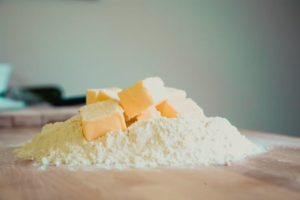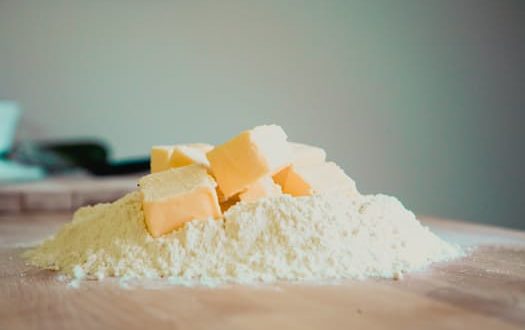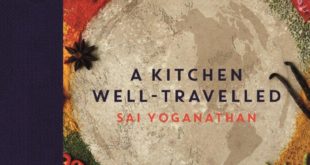Apparently, there are around 500 persons in New Zealand aged 100 years or over. The figure as a percentage of the New Zealand population is growing all the time. I’m proud to say my mother is one of these 500 very senior citizens.
In my younger days I probably never thought that at seventy years of age I would still have a mother who was alive and taking an interest in me. It leads to interesting conversations. Typical remarks from my dear old mother (DOM) are as follows:
DOM: Isn’t it time you had a haircut?
Me: Yes Mum.
DOM: You know – you would look much nicer if you would only lose some weight.
Me: Yes Mum
DOM: I can’t understand why you and your brother have gone so bald. Your father had a great head of hair even at your age.
Me: It is all our wives’ fault.
DOM: Yes, when you each left home to get married you both had a fine head of hair.
(A loud noise is heard in the background as daughter-in-law grinds teeth.)
I suppose I should be thankful that DOM is still interested in how I look. It is like being transported briefly back to your teenage years, but without the acne.
The question one always asks centenarians is ‘To what do you attribute your long life?’ DOM always says, ‘Being blessed with a loving family.’ Aw shucks Mum, that’s nice. (Actually, we usually respond, ‘All right, whaddya want now?’)
If I was asked from my observations to what I would attribute the long and active lives of both DOM and my mother-in-law (MIL), who died in her nineties after a pretty healthy life, I would have to honestly reply, as follows: Their long lives are clearly due to their excessive consumption of butter and salt!
On a weekly basis for the last 100 years, DOM has consumed enough butter to ensure the financial viability of several dairy farms. MIL in her lifetime must have consumed salt equivalent to the annual output from Lake Ellesmere.
 The 1950s housewife was expected to have an ability to quickly home bake something for unexpected visitors. Many women were famous for their ability to produce a batch of scones, almost before the visitors had reached the front door. DOM’s speciality was pikelets – during her lifetime she has produced thousands of them. Each pikelet was lovingly plastered with NZ butter to a thickness about the same as the pikelet itself. How they were presented to visitors was almost as important as how they tasted. The pikelets were carefully placed with military-like precision on a long fine bone china plate. Exactly one-half of the pikelets were butter only, the other half had huge lashing of strawberry jam and cream piled to dizzy heights on top of the existing mountain of butter. They were immensely popular, and as far as is known no one in New Zealand was dairy intolerant in the 1950s. Anyone who disliked butter was sensible enough to keep the information to themselves. To spread such views about would have been tantamount to treason.
The 1950s housewife was expected to have an ability to quickly home bake something for unexpected visitors. Many women were famous for their ability to produce a batch of scones, almost before the visitors had reached the front door. DOM’s speciality was pikelets – during her lifetime she has produced thousands of them. Each pikelet was lovingly plastered with NZ butter to a thickness about the same as the pikelet itself. How they were presented to visitors was almost as important as how they tasted. The pikelets were carefully placed with military-like precision on a long fine bone china plate. Exactly one-half of the pikelets were butter only, the other half had huge lashing of strawberry jam and cream piled to dizzy heights on top of the existing mountain of butter. They were immensely popular, and as far as is known no one in New Zealand was dairy intolerant in the 1950s. Anyone who disliked butter was sensible enough to keep the information to themselves. To spread such views about would have been tantamount to treason.
Even now taking DOM out to afternoon tea is an experience. If she chooses a scone or muffin she immediately asks for a second sachet of butter, usually commenting loudly at the same time that the scone or muffin ‘looks a bit dry’. If we are at a café where they supersize their scones and muffins she expects at least three butter sachets.
She is now one of the few people in the country who is advised on medical grounds to consume as much fat and cream as possible. Everything that conventional medical advice recommends against, DOM is encouraged to eat – to keep her weight up. This seems to prove that if you live long enough you will outlive both conventional medical advice, and also your Doctor.
Despite the assault upon the café butter supplies, DOM is always made very welcome. Sometimes in her regular haunts, the staff rush out from behind the serving counter to give her a welcoming hug. If I acted the same way they would probably just ask for another 50 cents for the extra butter sachet. Extreme old age does have some advantages.
By Terry Carson.
To read more from Terry click here.









Join the Discussion
Type out your comment here:
You must be logged in to post a comment.